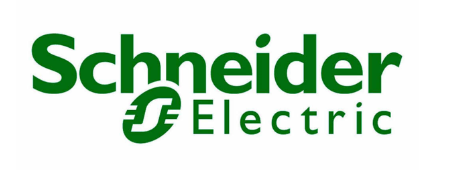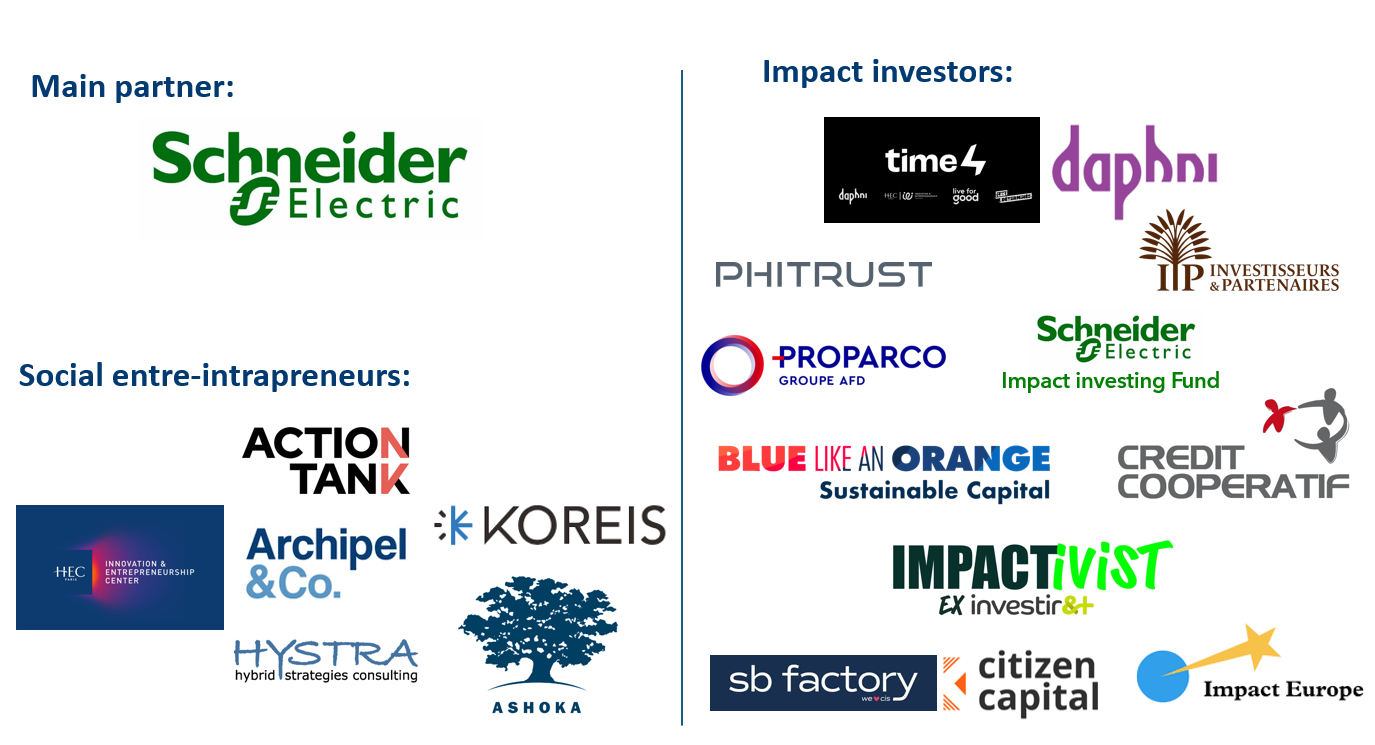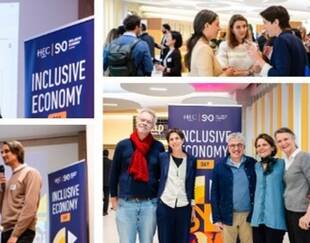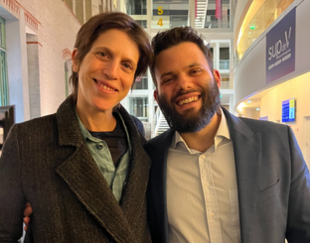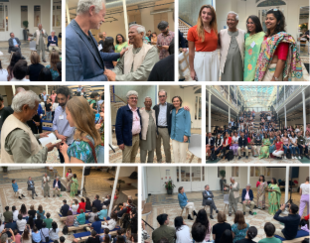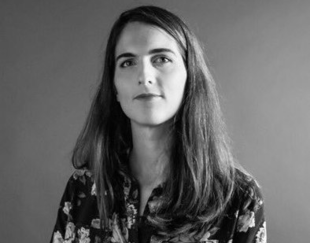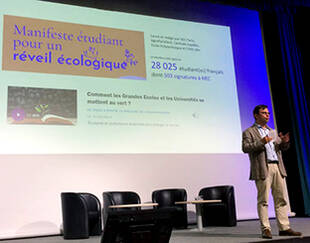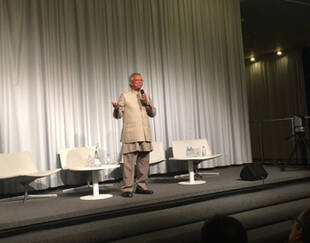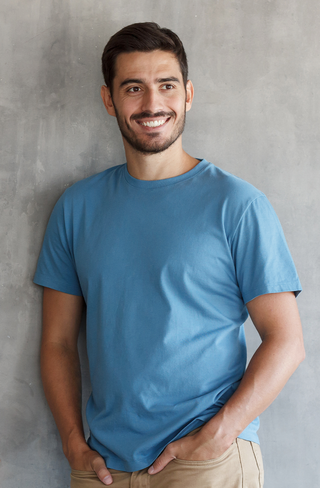
Certificate: Impact Investing & Entrepreneurship for Systemic Change Certificate: Impact Investing & Entrepreneurship for Systemic Change
The Certificate aims to train leaders capable of combining financial performance with social impact, by equipping them with the skills needed to invest, innovate, and build ventures that drive sustainable societal transformation.
The growth of the past decades has not been inclusive. Many business leaders have understood for years that non-inclusive growth is not sustainable, but the rise of global extreme poverty, the acceleration of inequality and the appearance of social anger has driven the movement to a new stage of awareness and accelerated calls to corporate action.
Firmly convinced that impact investing and entrepreneurship are powerful vehicles for driving positive societal change while generating financial returns, the program proposes to equip participants with the tools to excel in impact investment and impact entrepreneurship, by combining financial and business model expertise with a deep focus on social impact.
Thanks to this Certificate, participants will gain key skills in impact investment, due diligence, and social impact measurement.
With a focus on scaling and driving systemic change, this program will prepare participants to lead in the impact investing and impact entre/intrapreneur space and create lasting societal transformation.
At the heart of the Certificate is a hands-on impact due diligence project. Participants work in teams to analyze an impact-driven start-up, gaining both the perspective of an impact investor and that of an impact entrepreneur. This practical experience is the backbone of the program and runs throughout its duration.
To support and deepen this work, students attend a series of theoretical sessions integrated across the program. These courses, such as Impact Finance, Methods & Tools for Systemic Change, Social Impact Assessment and Behavioral Economics, are designed to provide critical frameworks and tools that inform the due diligence process and encourage strategic thinking.
The journey culminates in a final pitch to a jury of impact investors, entrepreneurs, and academics. After presenting their analysis, teams also deliver tailored feedback directly to the start-up, ensuring a tangible contribution to its development.
One of the program’s strengths lies in the combination of HEC’s academic excellence, facilitated by professors and case study work, alongside the participation of business professionals who share their successes and failures with the students.
Its academic director is Professor Bénédicte Faivre-Tavignot.
In the previous editions, we welcomed faculty and experts among whom: :
Faculty and Experts:
- Adrien Baudet, Ph.D, Founder and CEO of KOREIS, a social impact research and consulting firm
- Emilie Dussauge and Guillaume Ginebre, Project managers at Action Tank
- Marieke Huysentruyt, Associate Professor of Strategy & Business Policy, Academic Director of the S&O Institute
- Lucie Klarsfeld, Partner at Hystra consulting firm
- Rachel Maignan-Vincent, Impact Investment Officer at Proparco
- David Menascé, Managing Director at Archipel & Co, an Innovation and Impact Entrepreneurship consulting company
- Laurence Moret, Secretary General of the Crédit Coopératif Foundation
- Yann Perrin, Partnership Manager at Ashoka France
- Anita de Voisins, Venture Partner at Daphni, where she leads the impact fund Time4
This Certificate program is only open to students enrolled in HEC Paris Master's, MBA and EMBA programs.
Since its inception , the program has developed a network of more than 800 alumni who get together for a range of events such as the 15th year of the Social Business Dynamic at HEC Paris with Professor Muhammad Yunus.
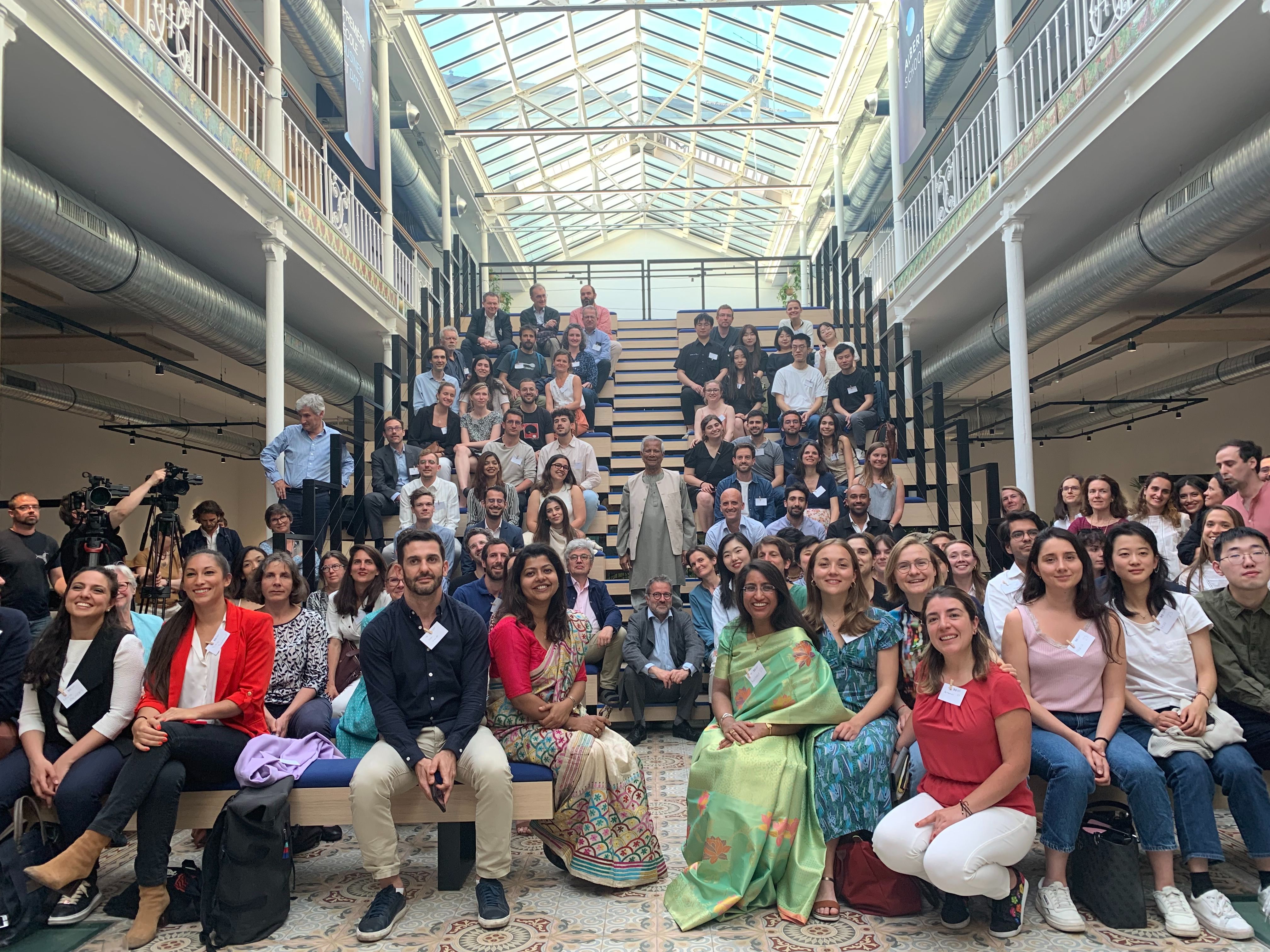

The Inclusive Economy Center of S&O Institute has been working on the contours of inclusive economy since 2008 - when HEC Paris created its Social Business Chair, with the support of Danone, Schneider Electric, Groupe Renault, Veolia but also with partners such as Action Tank, Archipel & Co, Hystra, Ashoka. The Center draws on 17 years of experience, reflection, and interaction with the private sphere, public sphere, and civil society to address the fundamentals of an inclusive economy and business.
It is sponsored by
